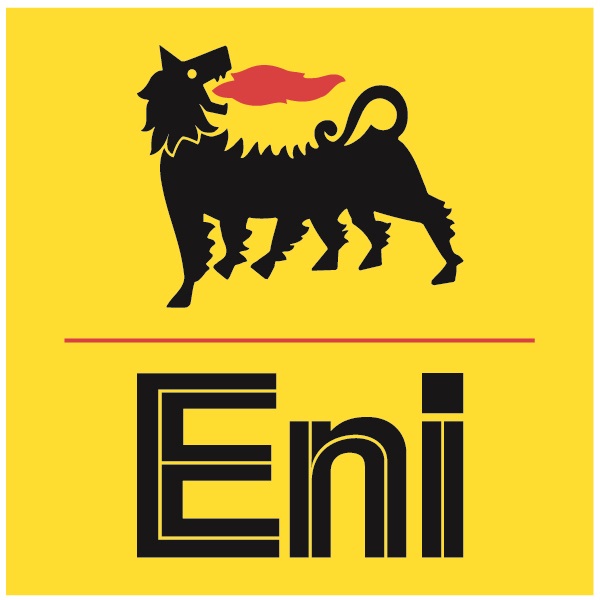Aquatic Life Lab: Eni Wins the per Erasmus Plus Competition

Eni and the Fondazione Enrico Mattei have been awarded the 2017-2020 Erasmus Plus competition and received funding of €413,000 which will make it possible to develop the international Aquatic Life Lab project for high schools.
The aim is to study marine biodiversity in the Mediterranean, with particular attention to what is generated around oil platforms. The initiative will involve high school students from three European countries: Italy with the Oriani school in Ravenna and Vittorini in Gela, the Institute V. Gimnazija in Zagreb, Croatia and the Limassol Apostolon Petrou & Pavlou High School from Cyprus. It is not the first time that Eni has won the EU-funded competition. In fact, the company it has already taken advantage of the project to deliver, with excellent results, the international NECST project on the digital approach to energy and sustainability in the territories where energy production activities are conducted.
The partners: specialists in sea and culture
The highly qualified scientific nature of the Aquatic Life Lab project is also the result of the involvement of partners specialized in marine teaching and training, organizations such as the Fondazione Cetacea in Riccione and the Blue World Institute in Zagreb, that will be coordinated by a team of expert scientific promoters from the Fondazione Eni Enrico Mattei. The project also enjoys the support of the United Nations Educational, Scientific and Cultural Organization (UNESCO), which through the Intergovernmental Oceanographic Commission has expressed interest in the multimedia teaching materials on marine biodiversity that will be the focus of the three years.
Training: technology, involvement, interaction
The Aquatic Life Lab projects will begin in September 2017 with a first phase dedicated to teacher training. The project will also use some of the most modern and effective ICT pedagogical technologies. The virtual and immersive learning environment stimulates student learning at a visual level: marine environments can be explored through virtual reality using 360° video footage. The application, developed by CivicaMente, has been designed to link scientific information to QR-code objects, enabling students to discover information, interact with other participants and develop, divided into transnational work groups coordinated by a local tutor, a Blue e-book, a thematic monograph on the issues assigned by the project. For the groups that produce the best work, a transnational learning, teaching and training activity is planned, with participation in a one-week field trip to the Adriatic Sea organized by the Blue World Institute to learn more and study in detail the topics covered.

